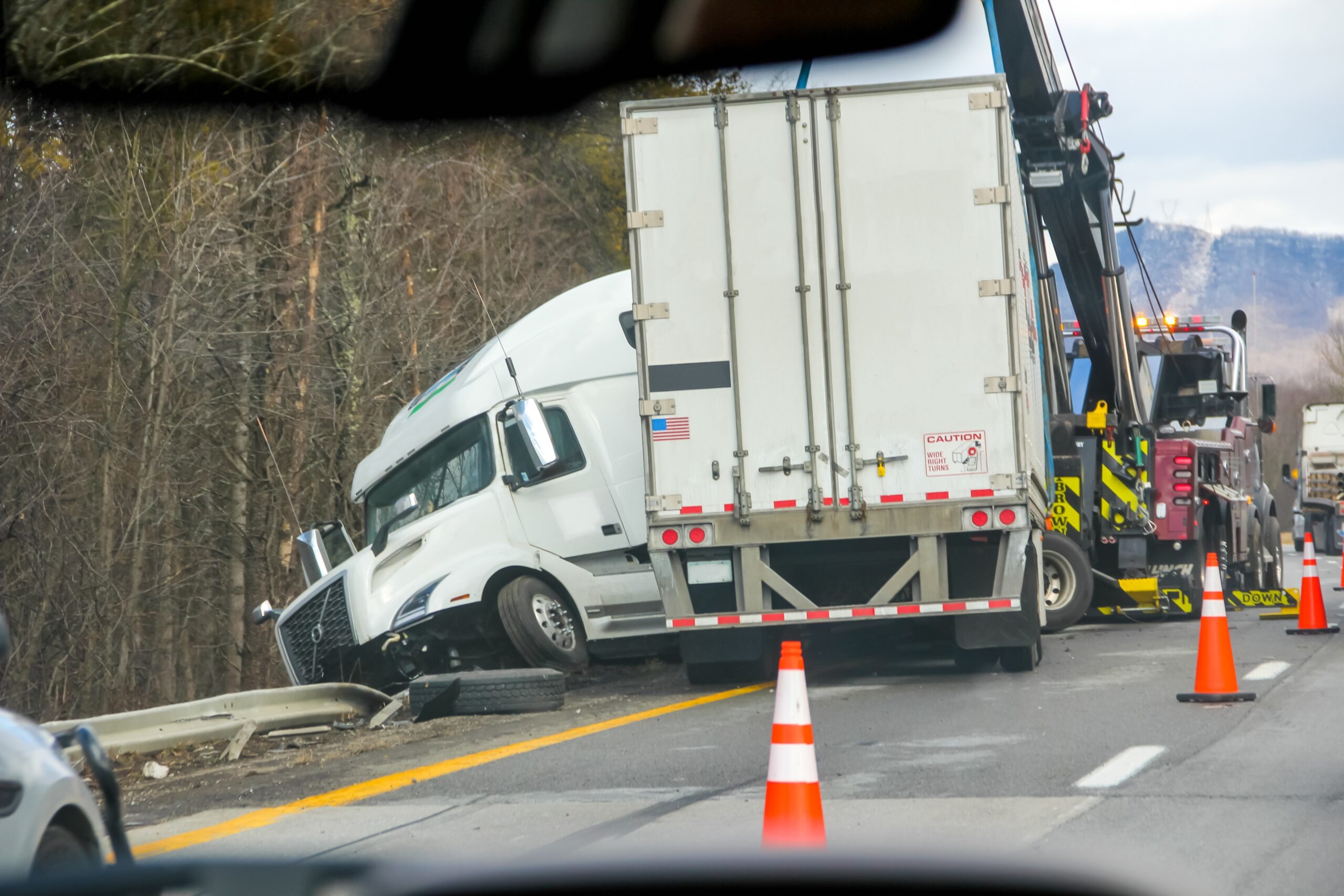Truck accidents can be devastating and the aftermath can leave you feeling overwhelmed and unsure…
Why Are Settlements Larger for Truck Accidents? – Guest Post

Truck accidents, given their massive size and weight, often result in more severe consequences than typical car accidents. This heightened risk translates to larger settlements when legal claims are pursued. Several factors contribute to settlement larger for truck accidents, reflecting the complexities and unique challenges associated with these incidents.
Liability Challenges in Truck Accidents
Truck accidents frequently involve multiple parties, each with its own set of responsibilities. Determining liability in these cases can be a complex process, leading to prolonged legal battles. Trucking companies may argue that the driver is an independent contractor, complicating matters further. Additionally, issues with maintenance, loading, and inspection may contribute to shared liability among various entities in the trucking industry.
Establishing Fault and Shared Liability
One of the primary reasons settlements are larger in truck accident cases is the challenge of establishing fault. Unlike car accidents, where typically one or two drivers are involved, truck accidents often implicated several parties.
Trucking companies may argue that the driver is an independent contractor, thereby distancing themselves from direct liability. However, a skilled legal team may counteract this argument by examining the level of control the company exerted over the driver, the maintenance of the vehicle, and the company’s adherence to safety regulations.
Shared Liability in the Trucking Industry
Moreover, the trucking industry is highly interconnected, involving various entities responsible for different aspects of the transportation process. Maintenance companies, loading crews, and even manufacturers may share liability in a truck accident.
For instance, if improper loading of cargo contributes to the accident, the company responsible for loading the truck may be held accountable. This intricate web of shared liability requires a comprehensive legal approach, adding to the time and resources invested in pursuing a claim.
Severity of Injuries and Damages
Truck accidents often lead to more severe injuries and extensive property damage compared to typical car accidents. The sheer size and weight of commercial trucks increase the force of impact, resulting in catastrophic consequences for those involved. The severity of injuries directly influences the amount sought in settlements.
Catastrophic Injuries and Medical Expenses
Truck accidents frequently result in catastrophic injuries such as spinal cord injuries, traumatic brain injuries, and multiple fractures. The medical expenses associated with treating these severe injuries can be astronomical, encompassing surgeries, rehabilitation, long-term care, and ongoing medical monitoring. As a result, plaintiffs often seek settlements larger for truck accidents to cover these extensive costs and ensure the best possible quality of life for the injured party.
Property Damage and Economic Impact
Beyond personal injuries, the property damage caused by a truck accident can be substantial. Collisions involving commercial trucks often lead to the destruction of smaller vehicles and their contents. The economic impact of such damage, including the loss of personal property and the disruption of individuals’ livelihoods, contributes to larger settlements. Plaintiffs rightfully seek compensation not only for the immediate costs of medical treatment but also for the long-term economic consequences of the accident.
Regulatory Compliance and Negligence
Truck accidents are often exacerbated by violations of safety regulations and negligent practices within the trucking industry. Let’s understand how regulatory non-compliance and negligence contribute to the severity of accidents.
Regulatory Non-Compliance and Safety Violations
Commercial trucks are subject to a myriad of regulations designed to ensure safety on the road. When trucking companies or drivers fail to adhere to these regulations, accidents become more likely and more severe. Common violations include exceeding weight limits, inadequate maintenance, and violations of hours-of-service regulations. These infractions not only increase the risk of accidents but also serve as compelling evidence of negligence in legal proceedings.
Negligent Hiring and Training Practices
Negligence extends beyond the immediate circumstances of an accident to the hiring and training practices of trucking companies. In this context, exploring substandard hiring procedures, insufficient training programs, and inadequate supervision of drivers sheds light on the root causes of many truck accidents. Plaintiffs may argue that the trucking company’s negligence in these areas directly contributed to the collision, making a persuasive case for a larger settlement.
Conclusion
Truck accidents present unique challenges in establishing liability and often result in more severe injuries and damages. These factors, among others, contribute to larger settlements in legal claims arising from truck accidents. Understanding the complexities involved in these cases is crucial for both plaintiffs and defendants, as it allows for a more informed and effective approach to the legal process.Top of Form

